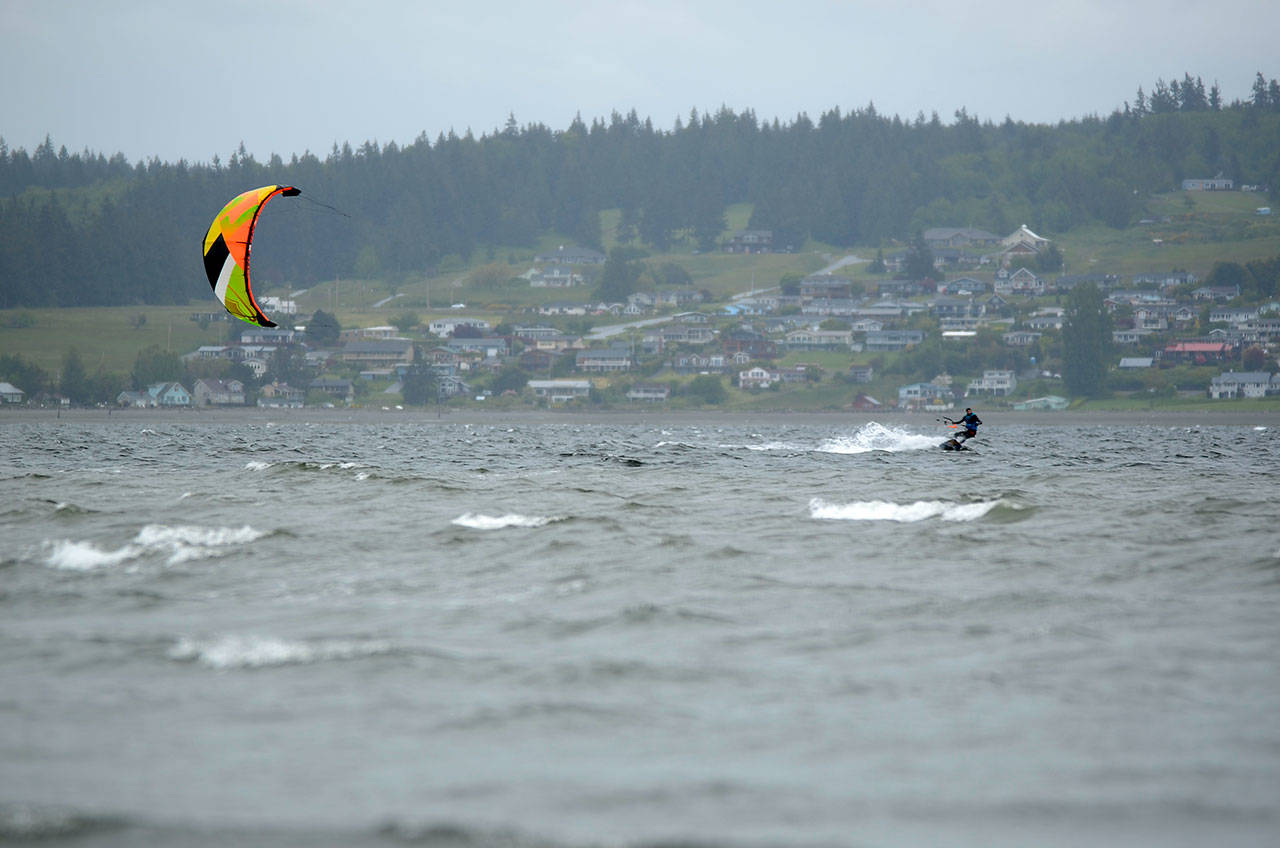Hundreds of acres of Useless Bay tidelands will remain under the stewardship of Washington State Parks, and jet skis are now prohibited from landing on beaches in those areas and others.
Those are the two biggest and unexpected changes to a 20-year property use plan the Washington State Parks and Recreation Commission approved last week at its meeting in Leavenworth. The plan, which was developed over the past year, outlines the future of three park properties on the South End: South Whidbey State Park, Possession Point State Park and 560 acres of tidelands at Useless Bay.
As anticipated, overnight camping was permanently banned at South Whidbey State Park for safety reasons, making the park a day-use facility only; and the 54-acre Possession Point property will remain in state park’s hands and not be reclassified as surplus. The big surprise, however, was the board’s decision to support a last-minute plea by a Whidbey environmental advocacy group to not transfer ownership of the tidelands to the state Department of Land and Natural Resources (DNR) and to ban jet skiing there and at Possession Point.
“The board ended up saying, ‘We want to hang onto all the tidelands,’” said Randy Kline, the parks planner who led South Whidbey’s planning process.
“I don’t want to say they went against staff’s recommendation… they just decided to go in a different direction.”
It went the Whidbey Environmental Action Network (WEAN) direction. Organization leaders Marianne Edain and Steve Erickson attended the meeting and advocated for the preservation of the property on the basis that state parks should be in the business of acquiring tidelands and shorelines, not giving them away.
Edain argues that all beaches should be public, such as those in Hawaii and Oregon, and that the commission should work toward acquiring as many of them as possible.
“I want to lean on the state parks commission to make it a policy, and Useless Bay was a very good starting point,” she said.
She added that giving them to DNR would have put the tidelands at risk of being leased for commercial aquaculture or even sold.
As for jet skis, she said allowances for their use were not in drafts of the plan vetted by the public over a more than one-year scoping process but only added later. She described jet skis as “loud” and “obnoxious” and having little use.
“Basically, they’re a toy, a very loud toy,” she said.
While the commission was swayed by Edain’s argument, the restriction is not an outright ban. According to Kline, state parks has the authority to regulate uses on dry land but what happens on the water. In other words, people can still jet ski above the tidelands but are prohibited from landing on the beach.
“Jet skiing can still occur on Useless Bay, but they’re not supposed to be landing on state park lands,” he said.
The restriction only applies to park’s property; private tidelands are not affected.
Kline said the jet ski provisions were one of several recreational activities included in the plan with conditional uses. Other activities included power boating and water skiing.
Edain said she argued to nix power boat usage over the park tidelands as well, but that she “didn’t get very far on that one.”



